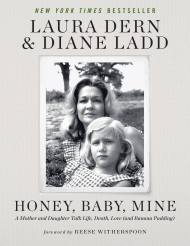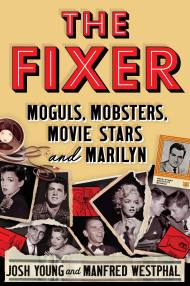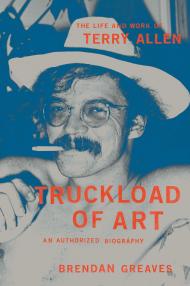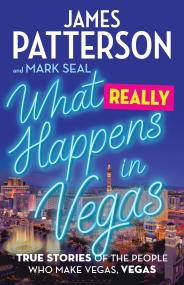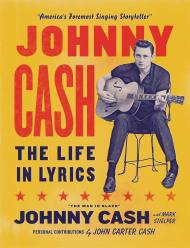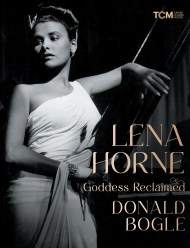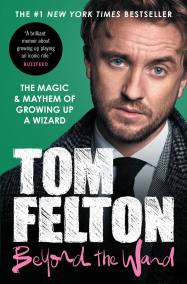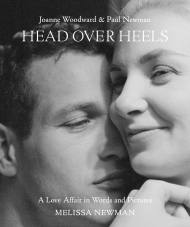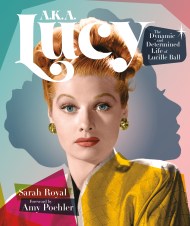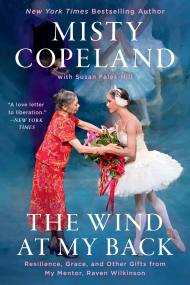PROLOGUE
In 1996, I found myself seated next to the actor Nigel Hawthorne on a plane, and we got talking about our respective work.
‘I once did a film with Sylvester Stallone,’ he moaned at one point, apropos of exactly what, I don’t remember.
‘Oh, that’s nothing,’ I told him, playing my ace. ‘I can beat that.
I’ve just done a film with Steven Seagal.’
‘Oh,’ said Hawthorne. ‘Really? What was that like? Do tell.’ ‘Well . . .’
Steven Seagal, I told Nigel, is as ludicrous in real life as he appears on screen. He radiates a studied serenity, as though he’s on a higher plane to the rest of us, and while he’s certainly on a different plane, no doubt about that, it’s probably not a higher one. Seagal suffers from that Donald Trump syndrome of thinking himself far more capable and talented than he actually is, seemingly oblivious to the fact that an army of people are helping to prop up his delusion.
Seagal would never do off-lines for others. Off-lines are when you do a scene and the camera’s on your character, while the other actor stands there to provide you with your feeds. It’s a bit boring for the one off-camera but most actors, the ones who aren’t Steven Seagal, will do it because it’s part of the job. But on The Glimmer Man, the
director, a lovely man called John Gray, took me to one side and said, ‘The continuity person will be doing your off-lines, I’m afraid. Steven won’t do them. Steven doesn’t do off-lines.’
‘That’s a relief,’ I said, ‘it would only be a distraction.’
One particular day when Seagal was showing a girl around the set he stopped by where I sat with the script in my hand. ‘You see,’ he purred serenely at the girl, ‘this is how a great actor works.’
‘No, Steven,’ I sighed. ‘I’m just learning my lines, that’s all.’
The next thing I knew, he materialized, mysteriously keen as mustard to do his off-lines for me. But Steven doesn’t do off-lines, I thought. Confused, I glanced across to see John Gray shrugging, and I wondered if Steven’s attendance had anything to do with the girl he’d been escorting around the set. Could it be a coincidence that she stood not far away?
Action. We began the scene, but the problem was that Steven didn’t know his lines. He kept fluffing them. ‘Steven, it’s very nice of you to do this,’ I said at last, ‘but it’s really not necessary. Why don’t you go back to your trailer?’
Thankfully, Seagal agreed that his absence would make our hearts grow fonder, and there were audible sighs of relief as he left us to it.
And that was what I told Nigel Hawthorne about my experience of working with Steven Seagal.
‘Well, I can’t do that sort of thing anymore,’ he shuddered, ‘I can’t play that kind of action movie type part.’
‘I don’t feel that way,’ I told him. ‘To me, the nature of the actor’s life is that we do the job, we do the best we can and move on.’ I added that I’d just read a book by Michael Powell, A Life in Movies: An Autobiography, about how he and Emeric Pressburger became the pre-eminent film-makers of their generation. In the book, Powell says something along the lines of, ‘In movies, there are no big parts or small parts. There are only long parts and short parts.’ He means that no matter what the part, it can be as big or as small, as slight or as impactful as the film or actor allows.
It was a piece of wisdom that had stuck with me, and as someone who had decided their future lay as a supporting actor, it lit the way for me from that moment on. It freed me, in fact. It removed ego from the equation and allowed me to disregard the size of the role, the star wattage of my co-performers, even, to a certain extent, the quality of the film I was in, and concentrate solely on what I was able to contribute to my character and what my character could contribute to the film. Actor, character, text. That’s all it is.
No doubt my words fell on deaf ears, because even though Hawthorne had put Demolition Man behind him and gone on to make The Madness of King George as well as a brace of well-received Shakespeare adaptations, he was still fixated on that Stallone experience. That, too, is a characteristic familiar to the actor, that feeling of deep-seated insecurity. All actors suffer from it. We’re all desperately insecure.
All of us, that is, except Steven Seagal



